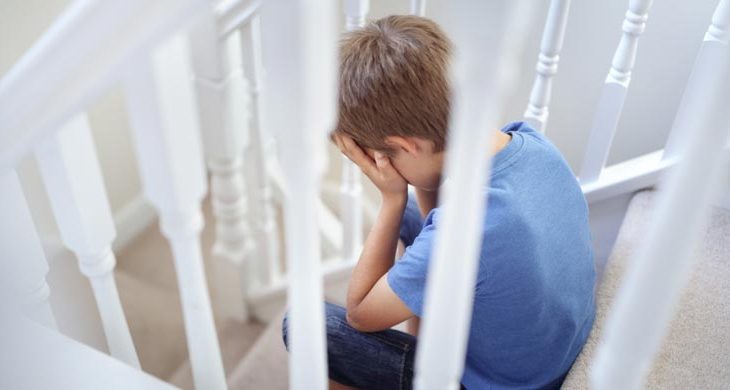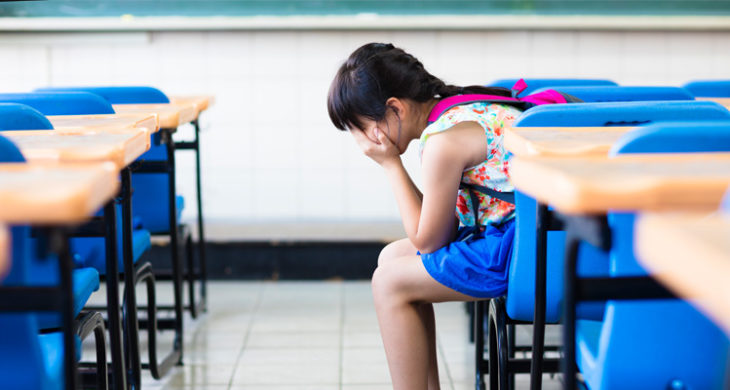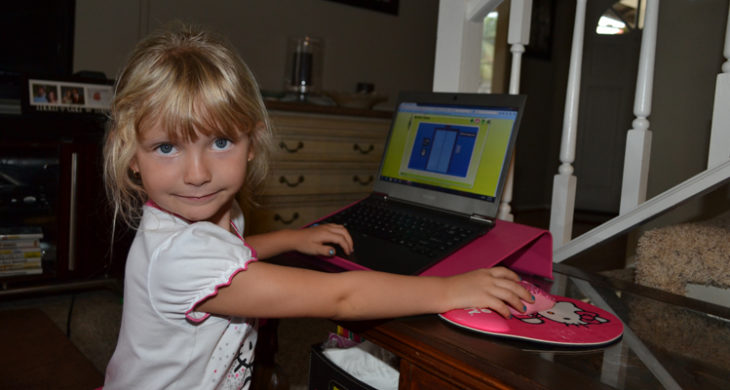Most, if not all, kids have experienced some form of teasing. Occasional name calling, insults, and mocking are unfortunately not uncommon in schools and playgrounds. But bullying is different, and more serious. According to StopBullying.gov, “Bullying is unwanted, aggressive behavior among school-aged children that involves a real or perceived power imbalance.” Bullies are stronger than their victims, either physically or because they have more power due to their age, popularity, or another hierarchical factor. And bullying behavior can become a regular occurrence, making it even more serious for the victim.
Research confirms that bullying causes serious consequences, as victims may suffer from low self-esteem, physical injuries, sleep difficulties, headaches, stomach issues, chronic pain, and increased stress and anxiety. And it can impact their academic potential. So, putting an end to the bullying and supporting bullied kids is critical.
Of course, parents will do everything possible to intervene on their kids’ behalf to stop bullying, but what if they don’t know it is happening? You may assume your child would tell you if anything was wrong and would certainly mention any serious bullying behavior, but many kids choose to suffer in silence.
Why Bullied Kids May Stay Silent
- Fear it will get worse: Many bullied kids fear that the bully will just make things worse for them if the bullying behavior is reported. They may also assume their peers will mock them for tattling on their schoolmate.
- Feelings of embarrassment: Kids want to be cool, popular, and independent. Admitting to being the victim of bullying doesn’t fit with that image. And the bully is already making the child feel embarrassed and insecure.
- Assume it is normal behavior: There is a fine line between bullying and typical child behaviors. Some kids don’t realize bullying is something that can and should be stopped.
- Unsure of parents’ reaction: If parents have not discussed bullying with their kids, their children may not know what to expect when reporting being bullied. They may be concerned that their parents will be disappointed in them.
Because kids may not report bullying, it’s important that parents be aware of the warning signs of a bullied child—especially those that may not be as obvious. Below are some of those signs:
Warning Signs Your Child Is Being Bullied
- Stolen, lost or damaged possessions: If a child comes home missing a valuable item, it could mean a bully is stealing from him.
- Suddenly doesn’t want to go to school or ride the bus: An unexplained reluctance to go to school is a red flag that something is wrong. And if kids are being bullied on the bus or on the route home, they may try to avoid it.
- Unusually hungry after school: A child who wants to eat more than a snack immediately after school could be skipping lunch in the cafeteria to avoid being bullied or a bully may be stealing the child’s lunch or lunch money.
- Has nightmares or trouble sleeping: Younger children may even start bedwetting.
- Personality changes: Many once-happy children can become sullen, withdrawn, or moody if they’re being bullied. Parents may assume this type of behavior is normal teen angst, but the cause could be bullying at school.
- Change in appearance: Children who begin dressing differently or changing something they once liked about their look may be doing so in reaction to being bullied.
- Headaches or stomachaches: Bullied kids often begin having physical reactions to the stress that they didn’t have before. They may also say they feel sick in hopes of staying home from school to avoid the bully.
- Change in online behavior: Cyberbullying can be just as damaging to kids as physical bullying. If a child used to enjoy using the internet and texting friends and now uses personal devices less or seems upset after looking at them, it could be due to cyberbullying. A child who quickly hides the phone or closes the computer when a parent walks in the room could also be trying to hide online attacks.
- Begins bullying behavior with siblings or friends: Some bullied kids may take out their frustrations on younger kids, becoming a bully themselves. “Children who are isolated and feel disliked or unsupported by peers often turn to bullying to gain some social control,” according to Katie Hurley.
- Physical signs: Cuts, bruises, scratches, sprains, and even broken bones that happen at school may indicate bullying. Such physical signs may go unnoticed by parents because kids may hide physical scars to avoid a confrontation about being bullied.
What Parents Can Do
Communicating with your child is the first step. While kids may be hesitant to admit to bullying at first, they may begin to discuss the problem if it comes up naturally in conversation. Rather than asking if they’re being bullied at school, think about some less direct questions you might ask such as whether there are any new kids on the bus or if the teacher has trouble with any misbehaving kids in class. You can gain insight into your child’s day without forcing them to disclose more than they’re comfortable with.
If you suspect or determine that your child is being bullied, set up a meeting with the teacher to discuss the situation and get more clarity. It may also be necessary to talk to the school principal and/or the school counselor.
Bullying can be a difficult situation for schools to resolve fairly and completely. If your child is struggling emotionally, physically, or academically due to bullying, it may be time to find another school. Online learning, in which kids learn at home through a Stride K12- powered virtual public school, can be an effective alternative for bullied kids.
This article was originally published in 2018 and was revised and republished in 2021
,










